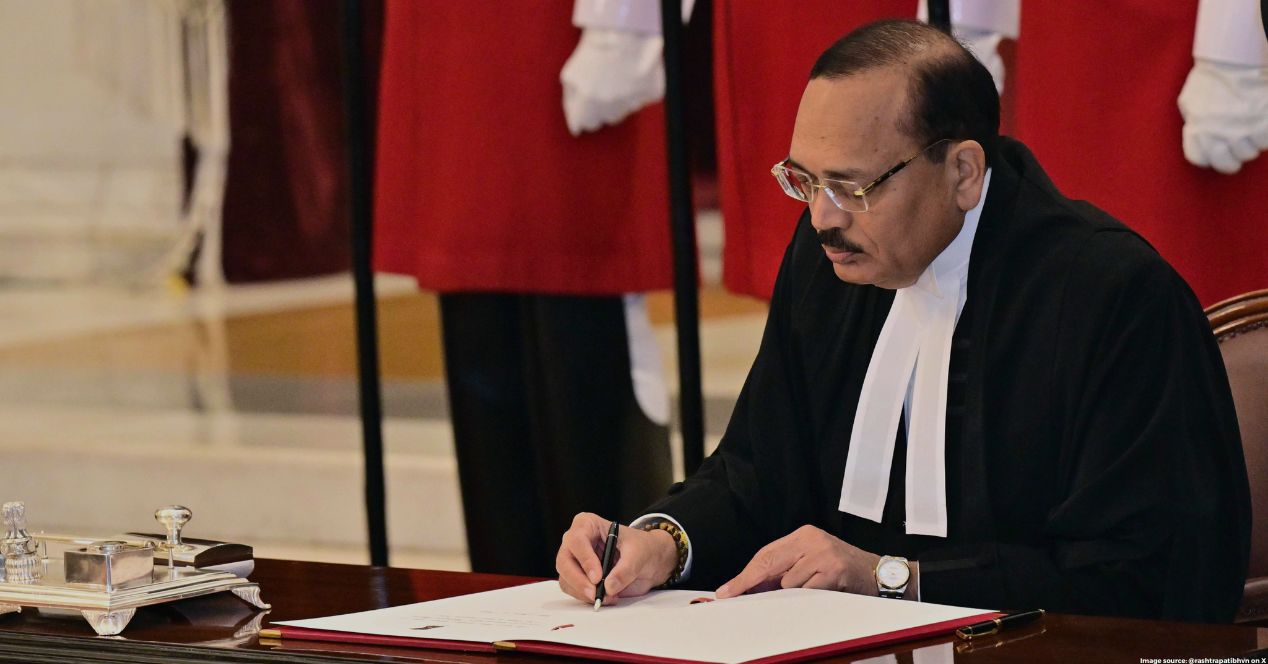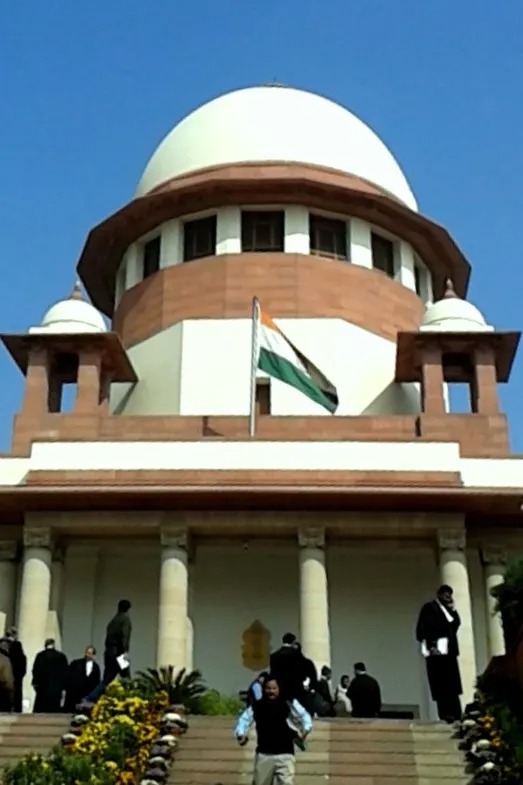Satish Kumar Mittal, J.@mdashThis Letters Patent Appeal has been directed against the order dated February 15, 2011 passed by the learned Single Judge, whereby the writ petition (CWP No. 5270 of 2010) filed by respondent No. 5, was allowed and the enquiry proceedings initiated against her u/s 216 of the Punjab Panchayati Raj Act, 1994 (hereinafter referred to as ''the Act''), on the basis of the complaint dated 31.8.2006, were quashed. We have heard the learned counsel for the parties and gone through the impugned order.
2. In the present case, respondent No. 5 remained Sarpanch of Gram Panchayat of Village Jalajan, Tehsil Khanna, District Ludhiana from the year 1998 to 2003. From July, 2003, new Sarpanch of the Gram Panchayat was elected. On 31.8.2006 the appellant made a complaint against respondent No. 5 for misappropriating certain amount of the Gram Panchayat during her tenure from 1998 to 2003 to District Grievances Officer, Ludhiana. On asking, respondent No. 5 filed reply to the allegations of misuse of funds to the Secretary, Zila Parishad, Ludhiana. Ultimately on 8.3.2010 (Annexure P4), Block Development and Panchayat Officer, Khanna issued a notice to inquire into the matter. Respondent No. 5 challenged the said notice and initiation of proceedings against her for causing loss to the Gram Panchayat alleging therein that in view of subsection (4) of Section 216 of the Act, the ex-Sarpanch cannot be asked to explain and make good any loss caused to the Gram Panchayat, after the expiry of four years from the occurrence of the loss or after the expiry of two years from her ceasing to be a member of the Gram Panchayat, whichever is later. The learned Single Judge accepted the contention of respondent No. 5 and allowed the writ petition, and the aforesaid notice and the subsequent proceedings initiated against her, were quashed.
3. During the course of arguments, though the learned counsel for the appellants does not dispute that in view of Section 216(4) of the Act, the ex-Sarpanch cannot be asked to make good the loss caused by her after the expiry of two years from her ceasing to be a member of the Gram Panchayat, yet he submitted that since some of the villagers had made the complaint against respondent No. 5 with regard to the alleged mismanagement and misappropriation of the Panchayat funds in the year 2003 and on the said complaint notice was issued to respondent No. 5 in the year 2004 for appearance in the inquiry proceedings, but the same remained pending since then. Learned counsel further argued that again on 12.12.2006 the complainants sent a reminder to District Grievance Officer in which they mentioned about the earlier complaint made against respondent No. 5. Learned counsel further argued that though finally the notice by the Block Development and Panchayat Officer, who was the competent authority u/s 216 of the Act to initiate the proceedings against the defaulting member of the Gram Panchayat, was issued on 8.3.2010 (Annexure P4), but the said notice was based upon the complaint earlier made by them in the year 2003, therefore, the learned Single Judge has committed grave illegality while quashing the said notice and the subsequent proceedings on the ground that those proceedings could not have been initiated in the year 2010, i.e., after the expiry of seven years from the date respondent No. 5 ceased to hold the office of Sarpanch.
4. After hearing the learned counsel for the parties and going through the impugned order, we do not find any substance in the submissions made by the learned counsel. Undisputedly, respondent No. 5 ceased to be the Sarpanch of the Gram Panchayat from July, 2003. The allegations of mismanagement and misappropriation of the Panchayat funds pertained to her tenure as Sarpanch from 1998 to 2003. Though in the written statement filed by the official respondents it was stated that against respondent No. 5 a complaint was filed in the year 2003 before the Deputy Commissioner and on the complaint notice was issued by the Block Development and Panchayat Officer, Khanna to respondent No. 5 to appear before him on 27.9.2004 for enquiry on the said complaint, yet thereafter nothing was done and finally in the year 2010 the fresh notice dated 8.3.2010 (Annexure P4) was issued to respondent No. 5 to appear and explain the position. In these facts, it cannot be held that the enquiry initiated against respondent No. 5 in the year 2003 was pending against her. The fresh notice dated 8.3.2010 was issued in pursuance of the fresh complaint made by the appellants against respondent No. 5 in the year 2006. Therefore, the learned Single Judge has rightly come to the conclusion that no enquiry could have been initiated against respondent No. 5 in pursuance of the impugned notice dated 8.3.2010 (Annexure P4) after a period of seven years from the expiry of her term of Sarpanch of the Gram Panchayat. While placing reliance upon
Hence, the appeal is dismissed.

